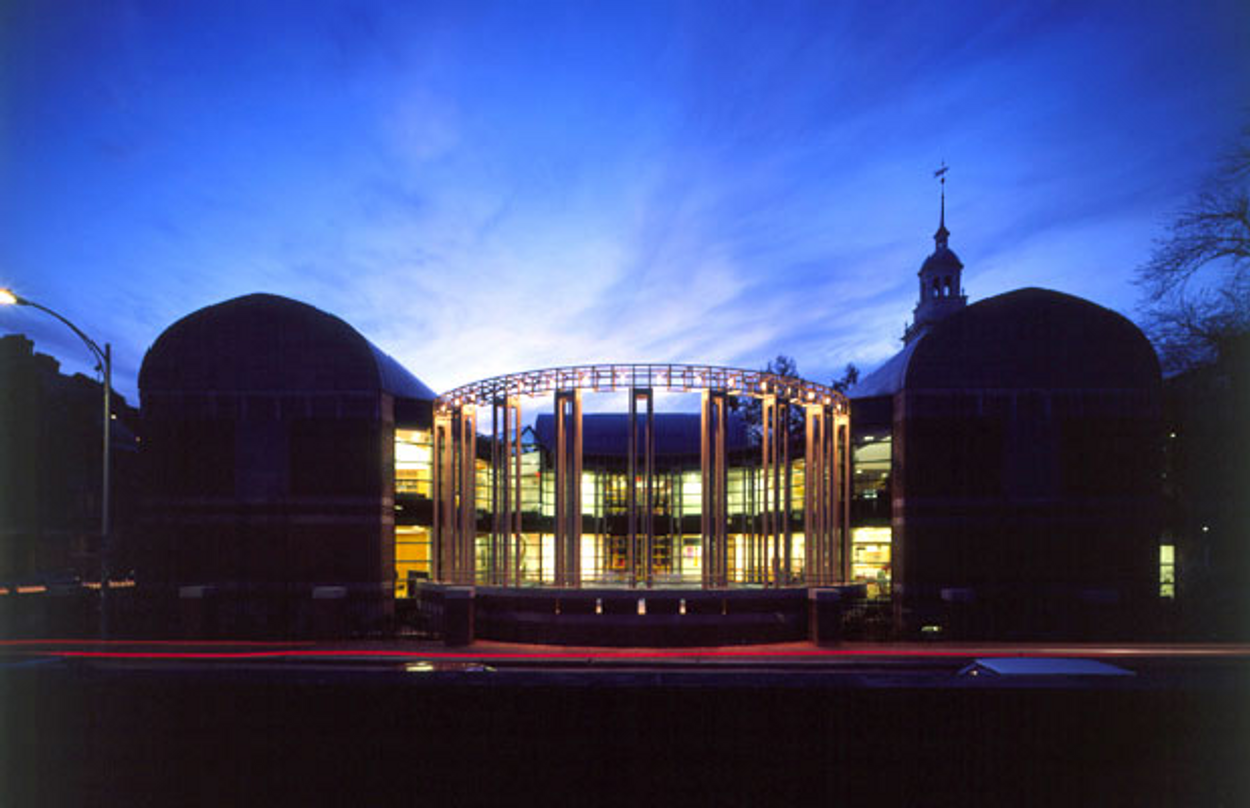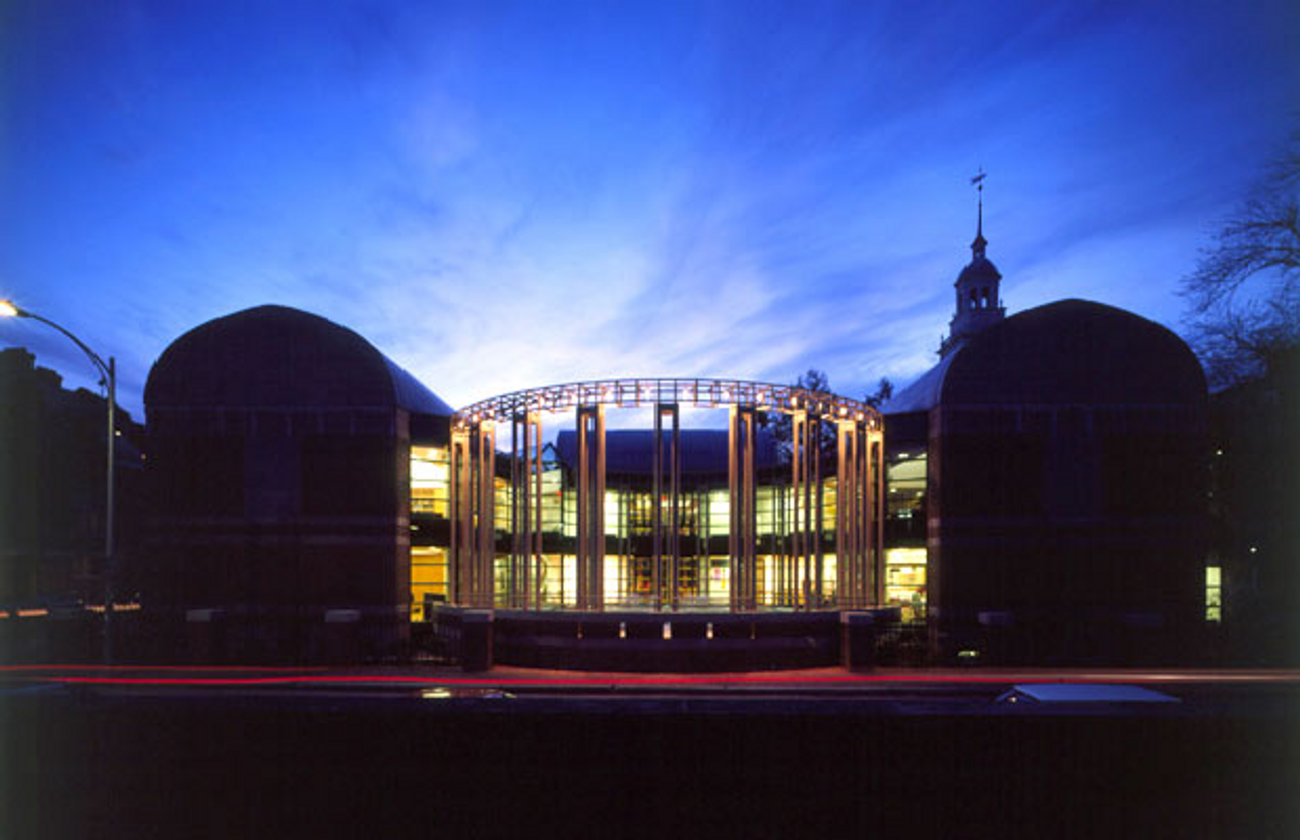More Praise of “Censorship” at Hillel
Let’s be honest about what anti-Zionism entails




I was happy to see that my Scroll post in praise of “censorship” at Hillel provoked some fierce and wholly uncensored debate; unanimous agreement would have been better, but I guess you can’t have everything. I’ll respond briefly to some of the main comments I’ve received and then go back to my actual job, which is reporting on Israel (rather than trying to make a case for why it should exist in the first place).
First, to clarify a point I didn’t make: All individuals should be welcome at Hillel, whether they privately believe in parapsychology, reincarnation, alien abduction, sexism, homophobia, or anti-Zionism. I’m not talking about admitting individuals, but about offering official sanction and funding to certain ideological positions. If we kept people with questionable views from attending Hillel dinners, the resulting coleslaw surplus would sink the US cabbage industry.
Some readers questioned my contention that anti-Zionism means supporting the destruction of the Jewish community in Israel. I understand that in the ideological fantasy world in which so much of the discussion of Israel takes place, this is not necessarily so. In the real world it is, and this is clear to anyone who knows this part of the globe.
Stateless religious minorities in the Arab world are either shrinking rapidly (Christians) or extinct (Jews). Only 70 years ago there were 800,000 Jews native to the Arab world, and after decades of persecution they are gone. I have visited empty Jewish quarters in several Middle Eastern and North African countries, and it is a useful lesson in the fragility of things. The Jewish community in the region is thus dependent for its survival on the political entity known as the state of Israel and its armed forces. If that entity is made to disappear by whatever means–by force or by the slow poisoning of the Western support it needs to survive–it will be replaced in some more or less violent process by an Arab state. There will be few or no Jews in that state. (Feel free to bounce this contention off a Middle Eastern Christian, Zoroastrian, or Baha’i; you’re more likely to find one in your neighborhood than in the Middle East.)
I took some flak for mentioning the Ku Klux Klan. Yes: Saying Jews do not have a right to their home in Israel in 2013 is as awful as saying African-Americans do not have a right to their home in America in 2013. No African-American community would be criticized for shutting that view out. I’m pretty sure no African-American community would debase itself enough even to consider it.
Lastly, some have written that whatever the merits of anti-Zionism, a Jewish community (Hillel, in this case) should confer legitimacy upon this idea because there are Jews who believe in it.
One of the interesting things I learned from reading a biography of the great Jewish intellectual Arthur Koestler was the extent to which the young Koestler imbibed the creepy ideas about Jews that were accepted in Europe at the time–and particularly the writings of Otto Weininger, who asserted that Jews were “the women” of the human race, and that the most masculine Jew was “more feminine than the least manly Aryan.” Koestler went on to write in an early essay that Jews were a people with “a distorted physiognomy and a distorted character.” He wasn’t alone. Freud, Gertrude Stein and other Jewish intellectuals were also influenced by Weininger, who was himself a converted Jew. Minorities are always shaped by their life amid the majority, and Jews have always wanted to be part of the mainstream. More than once, this has found intelligent Jewish people nodding thoughtfully to the rantings of people who hate them. Some become wise and self-critical enough to be embarrassed about this later on. The fact that there are Jews who have come to hold an odious view that has sadly become common in the mainstream of their culture does not mean the broader Jewish community must play ball or be called closed-minded if it does not.
So forceful is the intellectual assault singling out Israel, and so prolonged, that I think it has dulled our sense of how disturbing it is and neutralized some of the outrage that is an entirely natural response. I think some younger people who have grown up with this campaign to disestablish Israel might not even realize what it is, and might find themselves participating without fully realizing what they’re participating in. This is not about conservative or progressive views or a generational divide, but about self-respect. We are allowed to draw lines without apologizing. And young Jewish students negotiating a treacherous ideological landscape are allowed to have a place where they can discuss the Jewish homeland without worrying, quite rightly, that they have in fact opened their living room to people who have come to make a case for the utility of their own national demise.
***
Matti Friedman is the author of The Aleppo Codex: In Pursuit of One of the World’s Most Coveted, Sacred and Mysterious Books, which won the 2014 Sami Rohr Prize. He lives in Jerusalem, and has reported for the Associated Press, the Jerusalem Report, and the Times of Israel.
Matti Friedman is a Tablet columnist and the author, most recently, of Who by Fire: Leonard Cohen in the Sinai.